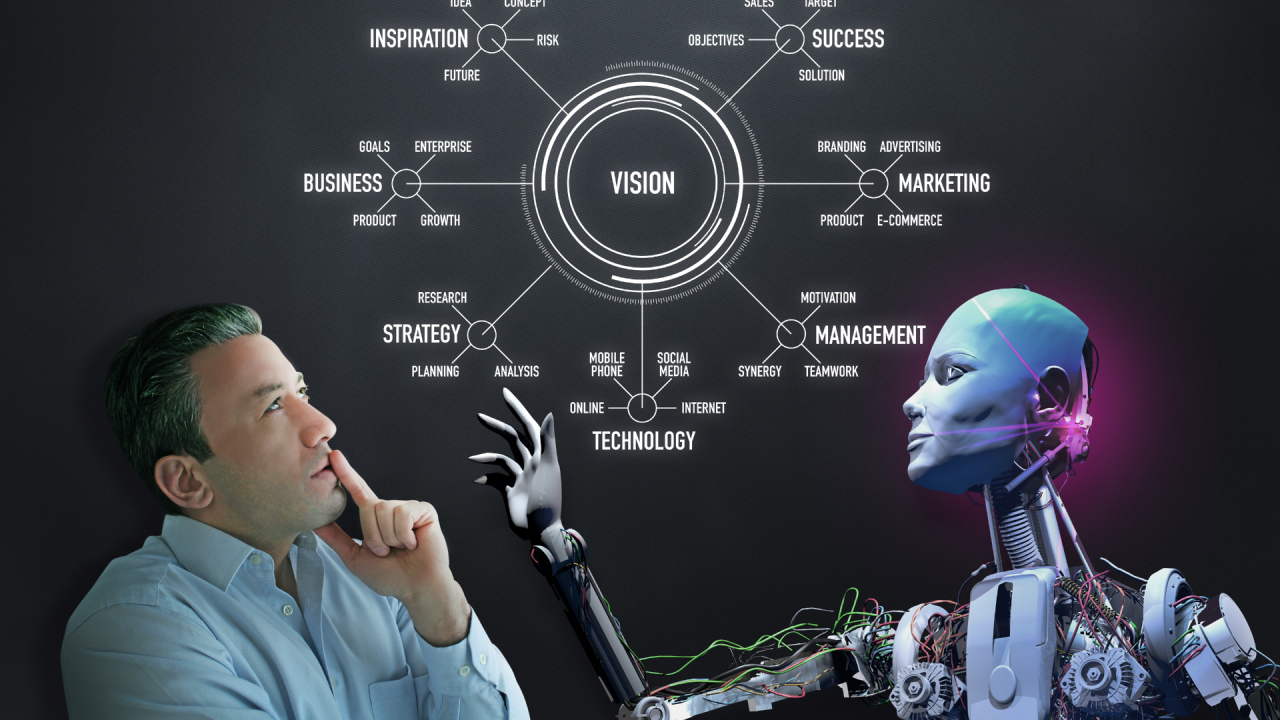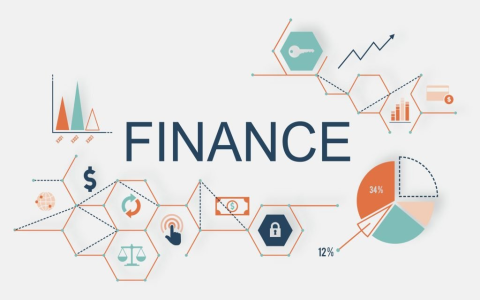In the ever-evolving landscape of technology, the term “disruptive” has emerged to encapsulate the transformative force that surpasses mere disruption. It implies a level of change that not only disturbs established norms but also creates entirely new paradigms. One of the most profound impacts of tech in recent years has been its capacity to revolutionize human connectivity and collaboration, transforming the way we interact, work, and innovate.

The advent of the internet and subsequent developments in digital communication tools have fundamentally altered our social fabric. Platforms like social media, instant messaging, and video conferencing have blurred geographical boundaries, enabling real-time interactions across vast distances. The traditional constraints of physical proximity have been shattered, fostering a globally interconnected society where individuals can maintain relationships, share ideas, and collaborate on projects without ever meeting in person.
This digital interconnectedness has birthed a new era of remote work, reshaping the workforce landscape. The COVID-19 pandemic accelerated this trend, as businesses rapidly adapted to a predominantly remote operating model. Collaboration tools such as Slack, Microsoft Teams, and Zoom became indispensable, allowing teams to stay aligned, share documents, and conduct meetings seamlessly. The result? A more flexible workforce, increased productivity in many cases, and a recognition that traditional office spaces may not be the only, or even the best, way to work.
Moreover, the democratization of technology has fueled innovation and entrepreneurship. Cloud computing, open-source software, and affordable hardware have lowered the barriers to entry for startups and small businesses. This has led to a proliferation of ideas, as individuals and teams can rapidly develop, test, and launch products and services with minimal upfront investment. The collaborative potential of platforms like GitHub and Stack Overflow further amplifies this, enabling developers worldwide to share knowledge, solve problems, and co-create solutions.
Yet, the disruptive power of tech in enhancing connectivity and collaboration also brings challenges. The digital divide, privacy concerns, and the potential for misuse are significant issues that must be addressed. Ensuring equitable access to technology and the internet is crucial to preventing the widening of socio-economic disparities. Meanwhile, safeguarding personal data and promoting ethical use of technology are paramount to maintaining trust and fostering a healthy digital ecosystem.
In conclusion, the disruptive power of tech in revolutionizing human connectivity and collaboration marks a pivotal moment in human history. It offers unparalleled opportunities for growth, innovation, and efficiency. However, it also necessitates a responsible approach, one that acknowledges and addresses the accompanying challenges. As we continue to navigate this digital age, embracing its potential while mitigating its risks will be key to harnessing tech’s full transformative power.
















